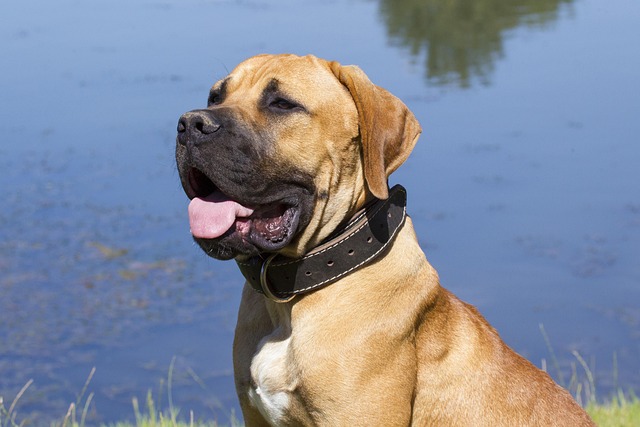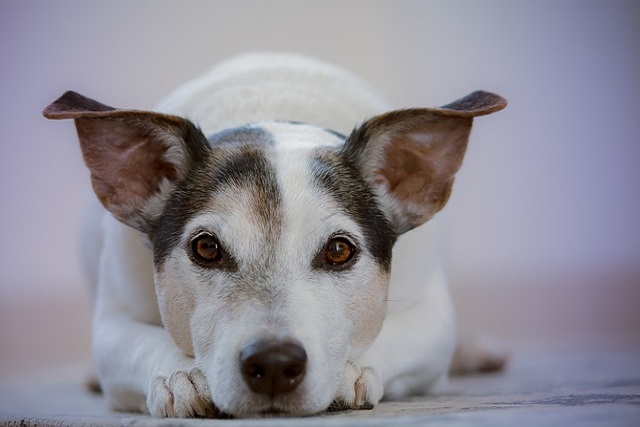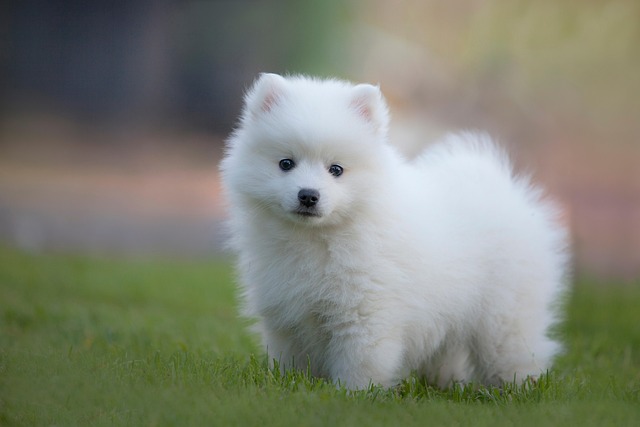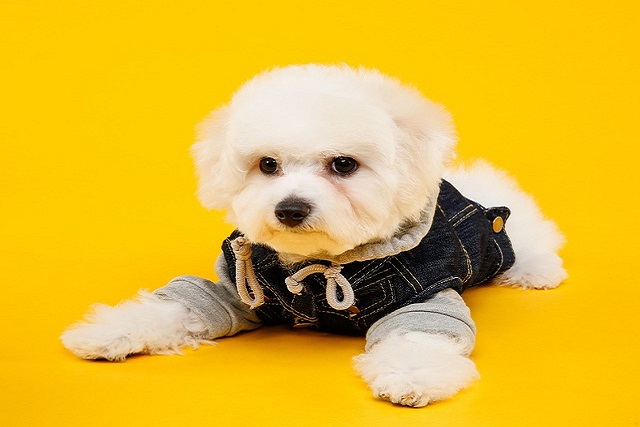
How do I start my dog on agility training?
The idea of watching your dog leap, weave, and race through an agility course is exhilarating. But before you dive in, it’s essential to understand the journey ahead,
Coming home to find your favorite shoes chewed up or the corner of your sofa nibbled on by your curious puppy? It’s a common struggle among dog owners. While puppies chew as part of their natural exploration and teething process, you can use certain scents to discourage them. Wondering “What smells deter puppies from chewing”? Let’s dive into the scents that can help keep your belongings safe.
Puppies have an incredibly sensitive sense of smell, about 10,000 to 100,000 times more acute than humans. Certain strong and pungent odors that we might find tolerable can be overwhelming and unappealing to them. This sensitivity is rooted in their biology; in the wild, a puppy uses its nose to detect food, predators, and safe places. Unfamiliar or strong scents can signal potential danger or simply be too unpleasant, causing them to avoid the source. For instance, consider a young Labrador puppy named Benji who, after encountering the strong smell of citrus near his owner’s shoes, quickly backed away and lost interest in chewing them.
One of the most effective natural scents to deter puppies from chewing is citrus. The smell of oranges, lemons, and grapefruits is often off - putting to puppies. You can create a homemade spray by squeezing fresh citrus juice into water, or using a few drops of pure citrus essential oil diluted in water (but be cautious with essential oils, as some can be toxic if ingested in large amounts). Spray this mixture lightly on items you want to protect, like furniture legs or electrical cords. Another option is vinegar. The sharp, acidic smell of white or apple cider vinegar can make a puppy think twice before putting their mouth on something. A simple solution of equal parts water and vinegar in a spray bottle works well.

Essential oils can also be useful, but with great caution. Oils like lavender, eucalyptus, and peppermint have strong scents that puppies generally dislike. However, many essential oils are harmful if a puppy licks or ingests them. If you choose to use essential oils, make sure they are pet - safe, and always dilute them properly. A good rule is to use only a few drops in a large amount of water. You can also use cotton balls soaked in the diluted oil solution and place them near the items you want to protect, rather than directly applying the oil to the objects.
In addition to using these scents, remember your responsibilities as a pet owner. Keep your puppy’s vaccinations up - to - date, as required by local regulations. A healthy puppy is less likely to have excessive chewing due to underlying health issues. When taking your puppy out in public, always clean up after them. This not only maintains good community relations but also ensures your puppy doesn’t pick up harmful substances while exploring.
Positive training also plays a crucial role. Instead of punishing your puppy for chewing, which can create fear and anxiety, focus on redirecting their behavior. When you catch them approaching something they shouldn’t chew, make a soft noise to get their attention, then offer them an appropriate chew toy. Praise and reward them when they choose the toy instead. For apartment dwellers, be mindful of the smell when using deterrents. Some strong scents, like vinegar, can be overpowering in a small space, so use them sparingly and ensure good ventilation.
By understanding which smells deter puppies and using them safely, along with proper training and pet care, you can protect your belongings while helping your puppy learn appropriate chewing habits.

The idea of watching your dog leap, weave, and race through an agility course is exhilarating. But before you dive in, it’s essential to understand the journey ahead,

Deciding to bring a Yorkie into your home means embracing a tiny bundle of energy and charm, but it also raises an important question: how straightforward is potty training?

Bringing home a new puppy is an exciting adventure, but it also comes with the big question: What is the first thing you should train your puppy?

Imagine you’re at Seattle’s Green Lake Park with Luna, your energetic Shepherd mix. She spots a duck and lunges, choking herself on the collar.

Teaching a 2-year-old dog to fetch might seem challenging, but it’s a rewarding way to bond and keep your furry friend active. Fetch isn’t just a fun game—it provides mental stimulation and physical exercise, essential for a healthy dog.

You’ve read all the articles, stocked up on premium treats, and patiently clicked and rewarded your new rescue pup, Charlie.